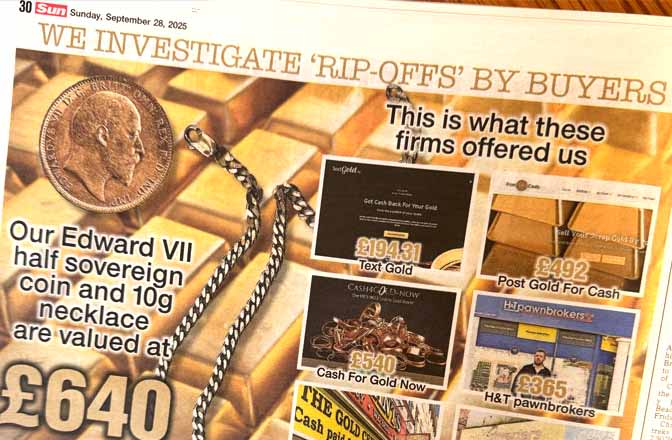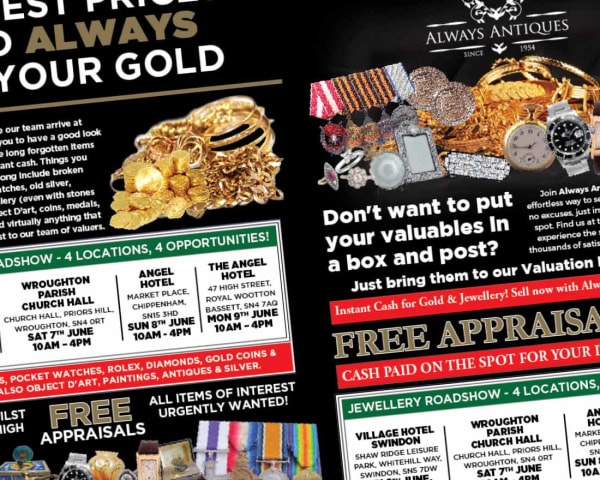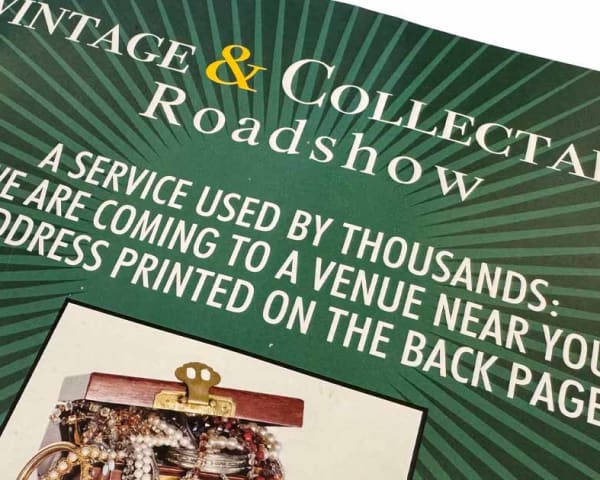With the price of gold hitting historic highs - over £2,800 per ounce in recent weeks, and currently trading at £2,881.85 per ounce - thousands of people across the UK have been turning old jewellery, coins, and even dental gold into cash. But are sellers really getting a fair deal?
A recent investigation by Ben Endley, journalist at The Sun on Sunday, set out to answer that question.
The Test
The investigation, which Gold Traders helped facilitate, involved sending identical parcels of gold to several of the UK's leading gold buying services, including both online-only businesses and High Street chains. Each parcel contained a half sovereign coin and precisely 10g of clean 9ct gold.
The items were independently valued at £640 - a figure based on live gold prices and standard testing practices.
The Offers
The results showed a wide range of offers - from as low as £194.31 (less than a third of the item's value), to just under £500 in some cases.
Based on the day's live metal prices, Gold Traders would have paid £610.59 for the same quantity of gold at the time of testing.
Some buyers provided valuations within a day. In one case, it took a company a week to provide a valuation, and only after multiple emails.
Sales Tactics and Terms
The investigation also highlighted how difficult it can be for consumers to understand the true value of what they’re sending in.
Common issues included:
- Lack of transparency around weight, purity, and price calculations
- Valuations presented without breakdowns or supporting data
- Pressure to accept offers quickly, sometimes with time-limited incentives
Some companies offered to "round up" their quotes if the customer accepted immediately. Others increased their offers only after the initial one was declined.
Why This Matters
Gold is a commodity with a known, live-traded price. That means consumers can check what their items are likely worth, but many don't know how.
Without clear information, sellers may unknowingly accept lowball offers, especially when gold is presented as something that's difficult to understand or evaluate.
This investigation shows that education and transparency are key. When companies explain how valuations are reached, provide timely communication, and offer rates close to the melt value, consumers are far more likely to receive a fair deal.
Expert Commentary
Jon White, founder of Gold Traders, contributed insight for the article, saying:
"Companies have to make a profit, but anybody offering less than 90% of the value is giving poor value. Our industry has very little regulation - and that leaves consumers vulnerable."
He added that some companies operate under multiple brand names and use anonymous PO Box addresses or virtual offices in jewellery districts to appear more established than they are.
Ross Norman, CEO of Metals Daily, echoed the concerns, advising consumers to weigh and test their items, check carat values, and always compare offers before agreeing to a sale.
Conclusion
The Sun on Sunday investigation sheds light on an often overlooked part of the gold industry. While some postal gold services provide fair pricing and fast payment, others fall short - sometimes significantly.
If you're considering selling your gold:
- Know your item's weight and carat
- Use a gold calculator to estimate melt value
- If you're unsure, get multiple quotes before committing
- Check whether postage or fees will be deducted
- Ask for items to be returned if you're unhappy with the offer
Transparency benefits everyone - and this investigation is an important reminder of how vital it is for consumers to be informed before they sell.
Related articles:




